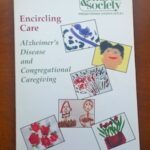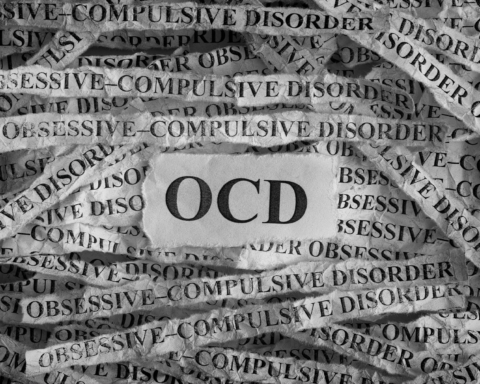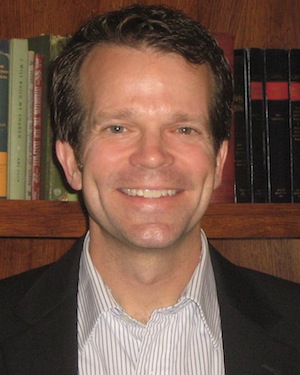 Autism, the ACA, and Lessons from the Secular, Marvin Lindsay
Autism, the ACA, and Lessons from the Secular, Marvin Lindsay
Ethan, our 16-year-old son, is autistic. Like lots of autistic people, Ethan has highly focused interests, some of which include jumbo-sized vegetable hybrids, Christmas, and his birthday. Ethan also is prone to physical and verbal outbursts. Thanks to a powerful drug cocktail and the coping strategies his teachers have taught him, Ethan is learning to control himself. Without the meds and his teachers, he would have been institutionalized a long time ago. We don’t know what the future holds for Ethan, but some of the uncertainty was removed when President Obama signed the Affordable Care Act in 2010. Ethan will never lack for health insurance, regardless of whether he can hold down a full-time job. As I tweeted the day the Supreme Court upheld the ACA, “Someday my autistic son will have to buy health insurance, and someone will have to sell it to him. That’s fair.” Continue Reading
 Unaccounted For: The Affordable Care Act and Undocumented Immigrants, Ellen Sherby and Elmer Zavala
Unaccounted For: The Affordable Care Act and Undocumented Immigrants, Ellen Sherby and Elmer Zavala
“Uncle, help me!” Adán cried. “Where are you?” Miguel called back. Fourteen-year-old Adán had enclosed himself into a bedroom closet to escape the flames, smoke, and falling beams in his room, where faulty electrical wiring had started the midnight blaze. Miguel kicked down the bedroom door and dragged Adán from the closet into the living room and out of the house. The rest of the family at home awoke: Adán’s younger siblings Maribel and Jorge and another uncle José who also lives with the family. Ambulances rushed to the house to take the three children and their uncles to the hospital. Continue Reading
 Caring for Older Adults Through Advocacy, Carolynn Race
Caring for Older Adults Through Advocacy, Carolynn Race
(This article was originally printed in the May/June 2003 issue of Church & Society.)
How can congregations care for older adults and caregivers? In addition to the caring provided by parish nurses, church committees, volunteer activities and pastoral care, congregations can care for older adults through advocacy. By communicating their concerns, ideas, and recommendations regarding older adults with policymakers, individuals and congregations can have a tremendous impact on policy decisions. For example, a parish nurse team may notice that prescription drug costs for older adults in their congregation are too high – and could share that concern with their legislators. Continue Reading
 Contested Territories: Women and Healthcare Reform, Molly Casteel
Contested Territories: Women and Healthcare Reform, Molly Casteel
I’ll admit it. I winced when I read the theme for this week’s posts, “Vulnerable Populations and Christian Responsibility.” Again, I thought, a discussion of women is framed as taking care of the vulnerable. In healthcare settings, not all women are equally vulnerable. I have questions. Where does women’s vulnerability come from? Which Christians get to act out their responsibility – and which ones are acted upon? Do the vulnerable have “Christian responsibility?” What gets in the way? Continue Reading
 Seeking Justice Through the Power of Relationship: HIV/AIDS and Healthcare, Erin Donovan
Seeking Justice Through the Power of Relationship: HIV/AIDS and Healthcare, Erin Donovan
When I was in college, I felt a clear call to work in East Africa. This call directed every decision I made, from choosing a major at Vanguard University to spending my summers in Kenya. In 1999, I had the opportunity to work with a professor on a research grant testing a rapid, 20-minute HIV test. (Little did I know that it would eventually become standard practice!) Just a few years earlier, Magic Johnson had announced he was HIV+. At the time, I remember associating HIV with fear, stigma, discrimination, and death. I can now freely admit that as I started working on the study I was scared. Ashamed as I am to say it now, I associated HIV with sin and held that same stigma in my own heart. Continue Reading
Read more articles in this series.






Unbound Social